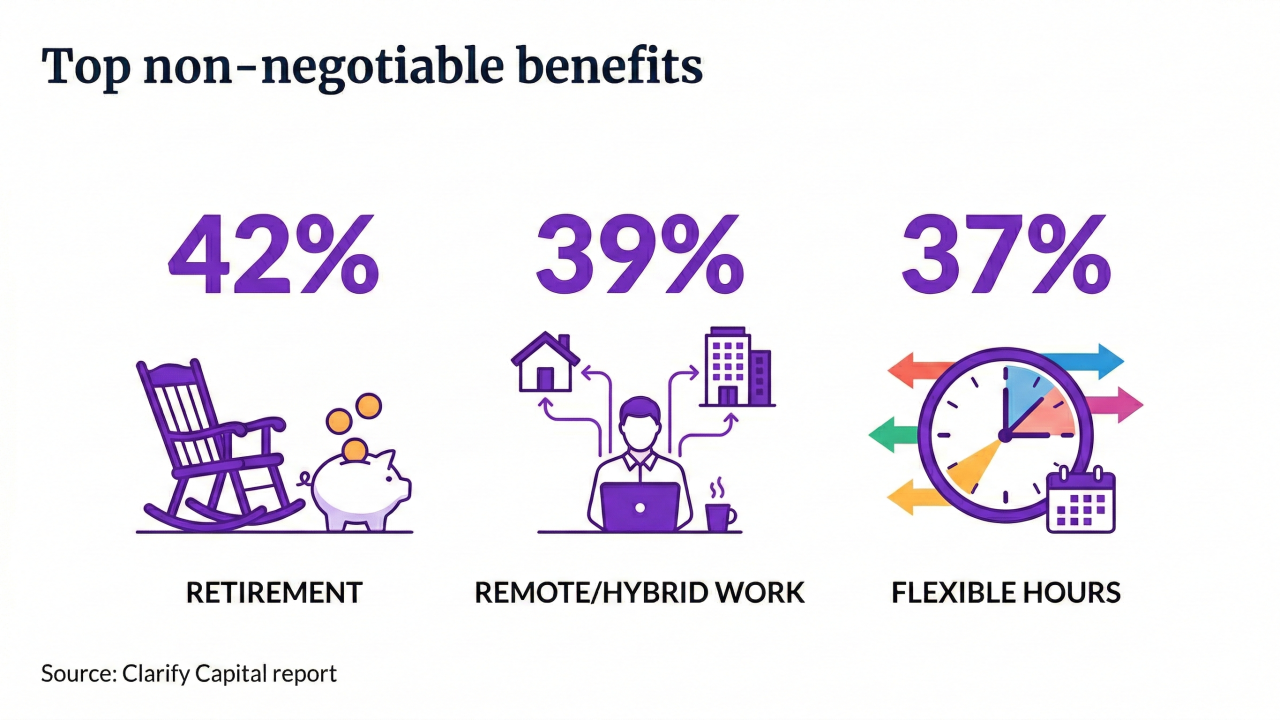The coronavirus pandemic has wreaked havoc on employees globally, forcing many to work from home and many others out of work entirely. Over 3 million people have filed for unemployment in the U.S. since the beginning of March, leaving incomes unstable as bills, loans and other expenses loom.
As a result of the pandemic’s impact, on Friday the president signed the CARES Act, a $2 trillion stimulus bill to bring Americans some relief. For the 44.7 million people dealing with student loan debt, the bill provides some welcome assistance.
The student loan related provisions in the bill will allow most borrowers to halt their monthly payments through Sept. 30, with no financial penalties. It also includes a temporary provision that allows employers to contribute up to $5,250 toward each worker’s student debt through Dec. 31, on a tax-free basis.
“We believe the tax-free treatment of employer contributions toward employee student loan debt is going to fundamentally unlock the adoption of this benefit across large and small employers throughout the country,” says Scott Thompson, CEO of Tuition.io, a student loan benefit vendor. “While it’s unfortunate this piece of legislation has passed under these circumstances, the tax exemption included in the Stimulus Bill is incredibly important.”
Thompson says as a result of the bill, Tuition.io has already received inquiries from employers wanting to push forward with launching a new student loan repayment benefit for their employees.
“This benefit has the potential to mobilize American businesses both large and small to dramatically reduce the overall amount of student debt,” Thompson says. “If every employer in the country were to offer this benefit, we could extinguish hundreds of billions in debt in just a few years. Removing the drag this debt has on our economy would increase consumption and spur growth that could benefit everyone, not just those saddled with student loans.”
About 63% of U.S. employers already provide some level of tax-free tuition assistance, which allows their employees to receive up to $5,250 per year toward qualified education expenses, says Greg Poulin, CEO of student loan benefits provider Goodly. The CARES Act also amends Section 127 of the tax code to incorporate provisions of The Employer Participation in Repayment Act. This provision allows employers to pay up to $5,250 of an employee's student loan debt on a tax-free basis.
“This provision of the CARES Act levels the playing field and makes access to tax-free employer education assistance fair and equitable for all employees,” Poulin says. “One key to supporting employees during this time of uncertainty is to help with their student loans. The CARES Act provides employers a powerful opportunity to make a meaningful impact on the financial well-being of their employees, which is ultimately good for the economy.”
Student loan repayment programs can be a way for employers to attract and retain talent,, but they are still largely underutilized, despite their high demand among employees. With the total U.S. student loan balance over $1.5 trillion, just 8% of employers offer these benefits, according to the Society of Human Resource Management. While that number doubled from 2018 figures, employers should be actively helping their workers chip away at this burden, says Kate Winget, managing director of Gradifi by E-Trade.
“Employers have always taken such a proactive roll in their employee’s financial well-being starting with retirement, and introducing them to resources around banking or mortgages,” she says. “With this generation entering the workforce, student debt is the number one financial stressor that they have.”
Last year, financial services company E-Trade saw an opportunity to enter this market and acquired student loan benefit provider Gradifi. The $30 million deal enhanced the company’s financial wellness product offerings.
Some employers that offer student loan assistance benefits include AI tech company GumGum, Blue Cross Blue Shield of Massachusetts, Trilogy Health Services and PwC.
In 2015 PwC began offering $1,200 a year for up to six years to help employees pay down their student loans. This has helped reduce participants’ loan principal and interest obligations by as much as $10,000 and shorten their payoff period by up to three years. To date, PwC has paid off over $37 million of student debt as a result of this program and more than 8,200 staff have signed up for the benefit.
“Societally, increasing student loan debt has reached a tipping point, says Rod Adams, PwC U.S. and Mexico talent acquisition leader. “It’s affecting when professionals are starting families, buying homes and saving for retirement. This benefit is a game-changer because we are helping our people be better prepared for their financial futures, especially in uncertain economic times.”






